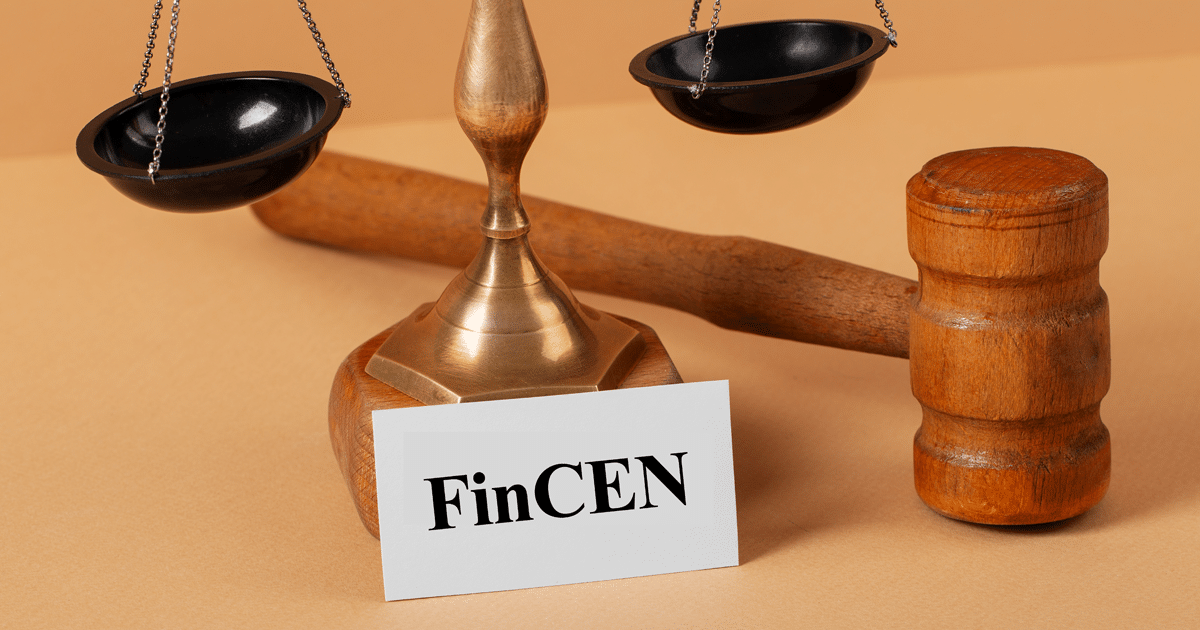Collecting Assets as a Trustee – Bank Accounts and After-Tax Investment Accounts
October 27, 2021
Being a trustee is all about collecting assets, getting them under the trust, paying off bills appropriately, and then transferring the balance to the beneficiaries.
This article will be talking about collecting assets, specifically bank accounts and after-tax investment accounts.
Bank accounts are checking accounts, savings accounts, or certificates of deposit. These are several different types of accounts that you can have at a bank.
After-tax investment accounts are mutual funds, after-tax stocks, and bonds like TD Ameritrade accounts, the account that you have with your financial advisor. These are non-IRA, non-individual retirement accounts, not a 401(k), not a 403(b). Those are different.
These accounts are accounts you have personal access to where you’ve already received the money, paid your taxes, and you’ve got an investment account or a mutual fund with a financial advisor.
As a trustee, when you start collecting account statements, you can often go to somebody’s home and change the mailing address to your address, so you can start receiving these account statements. Often, people don’t even know all the accounts that a person who passed away had. And so that’s a great way to figure out, you know, what they did have because you get monthly or quarterly or certainly annually get statements from bank accounts and investment accounts.
It’s crucial when you receive the financial statements that you look to see whether that account is titled in the name of the trust or the name of the deceased. If it’s in the name of the trust, it’s your job to inform all parties that you’re the new trustee using the Affidavit of Successor Trustee form. This affidavit informs all parties that you’re the new person on the account, that the trust still owns it and that you would like to open an account in the trust’s name.
There are a couple of exceptions.
The first exception is Jointly Titled Accounts. A joint account is where we have more than one individual, could be two, could be three. If someone is a joint owner on the account and passes away, the other owner or owners take a death certificate to the bank and remove the decedent’s joint owner from the account. That person(s) then inherits the interest. There is no involvement with a will, probate, or trust. It supersedes a will-based administration and a trust-based administration.
Joint ownership sounds like a great shortcut if a parent puts one of their children on their bank account. In fact, it’s a terrible plan as we’ve had situations where a parent put their child on their bank account, and then the child declared bankruptcy, and the parent lost half their account to their child’s creditors.
Joint accounts are not appropriate because if you ever need someone to sign on your behalf, you do it with a Durable Power of Attorney and not as a joint owner. You can be a power of attorney and act on behalf of someone and not be an owner. And if you’re a power of attorney declares bankruptcy, your account is not subject to their bankruptcy creditors.
In the end, it’s better to hold your accounts in your trust, let your trustee take over if you become incapacitated or you pass away.
The second exception is a POD or TOD beneficiary. POD is short for “payable on death.” TOD is “transfer on death.” They are functionally the same thing. Different banks and investment firms use those terms interchangeably.
Suppose you see a name on the title to the bank or checking or mutual fund account, and it’s not in the trust. In that case, it still might pass to someone else because the decedent may have gone into the bank or worked with the investment company to say they would like to name this person the beneficiary to the account. If this occurred, the beneficiary shows up with a death certificate, and the bank or investment institution will transfer the account outright to the beneficiary without probate, without being involved in the will, and without being involved in the trusts.
This exception is another shortcut, but in our experience, shortcuts are never the best answer. We don’t recommend people who have trusts and estate plans to set up POD or TOD beneficiaries for two important reasons. One, if you become incapacitated, you’re not dead, so your beneficiary can’t take over the account. It’s still sitting there in your name.
And the second is because a trust is an excellent way of having all your wishes in one location. If you want to change who gets what, you change your trust and put all your assets in the trusts; use it as a holding vehicle.
The bad thing about POD beneficiaries is that you’ve got a designated beneficiary for every single account. And what happens over time is people forget. They forget that they named somebody as a POD of that particular account and. The next thing you know is people are passing away, and beneficiaries are showing up. And the banks legally can’t give the account to the trust because they named a beneficiary who is the POD beneficiary, who may be someone that doesn’t know.
POD beneficiaries are generally a bad way of setting up your estate plan, especially if you have a trust. If you’re using a trust, you want to have that as your sole source of designating who gets what.
Contact Us to Learn More About Collecting Assets as a Trustee


